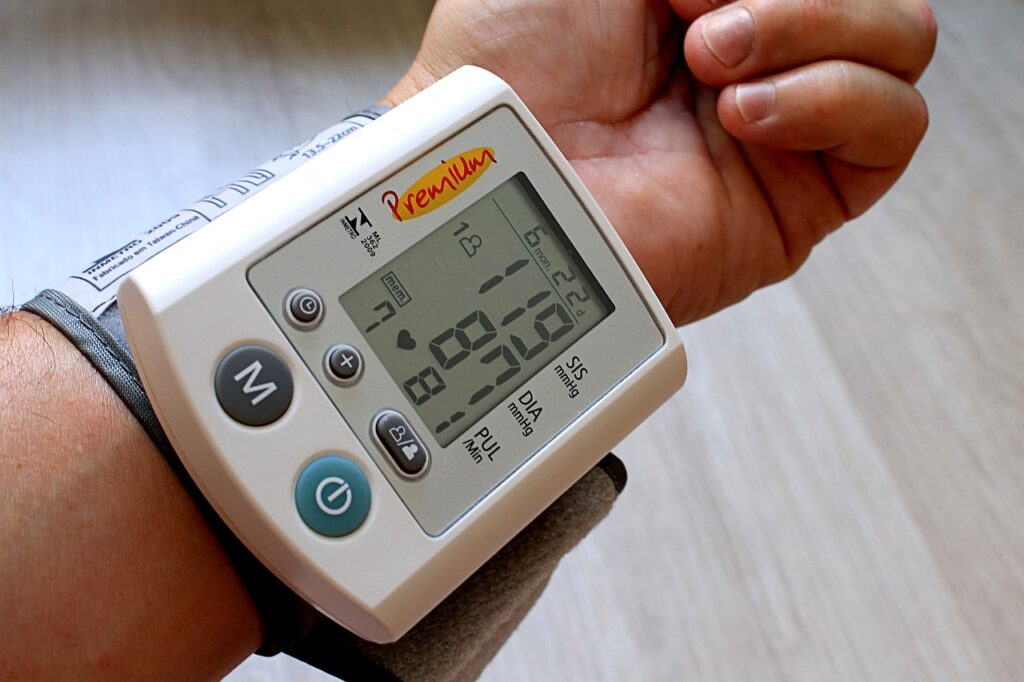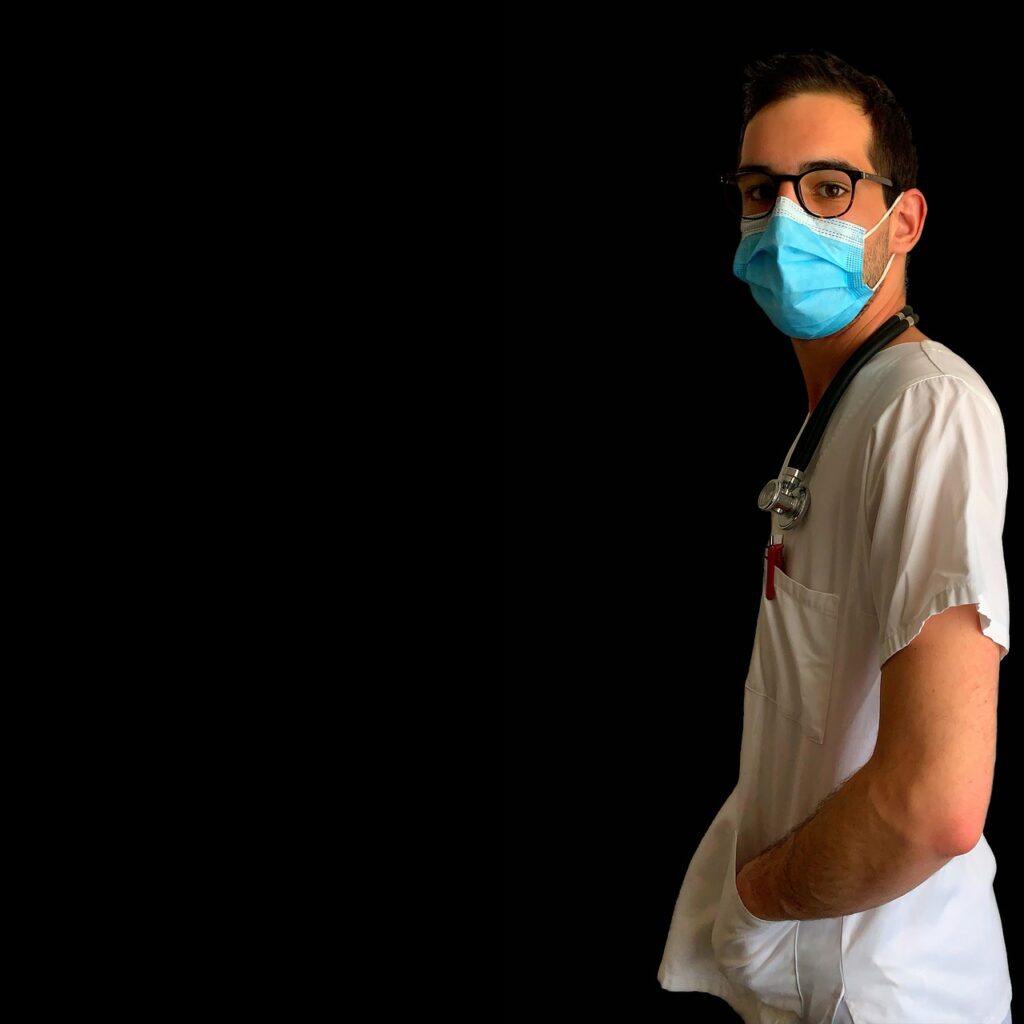Preventative healthcare is the cornerstone of a long, vibrant life. In my over two decades of practice, I’ve observed first hand the profound impact that regular health check-ups can have on detecting and mitigating health risks before they develop into more serious conditions.
Equally I have also seen the unfortunate outcome of those who have ignored problems when they were in their early stages and ended up with chronic health conditions.
Understanding Preventative Healthcare
Preventative healthcare involves measures taken to prevent diseases, rather than treating them after they occur. This includes regular screenings, check-ups, and patient counselling to prevent health problems.
The Evidence
A report from the Health Foundation revealed that effective preventative measures could save thousands of lives each year in the UK. For instance, regular screenings for cardiovascular diseases and early detection practices for cancer have significantly reduced mortality rates. The NHS suggests that early detection of diseases through regular screenings can improve the effectiveness of treatments, significantly increasing survival rates.
The Role of Regular Check-Ups
Regular health check-ups offer a snapshot of your overall health, allowing for early detection of potential health issues. These check-ups can identify risk factors for common chronic diseases, allowing you and your GP to create a personalised health plan.
For example, monitoring blood pressure and cholesterol levels can help prevent heart disease, stroke, and diabetes. However, it can be more subtle than this and that it why having a doctor who knows you well and can identify problems before they escalate is a key component to effective health care.
Indeed, according to the WHO:
“Health is a state of complete physical, mental and social well being and not merely the absence of disease or infirmity”
So, even if you are not unwell your personal doctor can work with you to help optimise your health and improve longevity. This requires the doctor to spend time with you and often work with others in their network to ensure everything possible is done to maximise your untapped health potential.
Age-Specific Screenings
The importance of age-specific screenings cannot be overstated. For instance, the NHS Cervical Screening Programme recommends that women aged 25 to 64 undergo regular cervical screenings to prevent cervical cancer.
Similarly, the NHS Breast Screening Programme advises women over 50 to have a mammogram every three years. These proactive measures are invaluable in detecting early signs of potential health issues.
Lifestyle and Prevention
Lifestyle choices play a significant role in preventative health. A balanced diet, regular physical activity, sufficient sleep, and avoiding tobacco and excessive alcohol can drastically reduce the risk of developing chronic diseases. Public Health England estimates that 4 in 10 cases of cancer could be prevented by lifestyle changes, underscoring the power of prevention.
Once again, this is a nuanced picture and more than simply cutting out the booze and fags. Your personal physician can work with to look at more advanced interventions that not only prevent future illness, but potentially increase longevity.
Making Prevention a Priority
Despite the clear benefits, preventative healthcare often takes a backseat. Busy schedules, fear of bad news, and sometimes a lack of awareness prevent many from scheduling regular check-ups.
As a family GP, I encourage you to view these appointments as a fundamental part of your healthcare routine, much like brushing your teeth or getting enough sleep. Therefore, even if there is no identifiable “problem” working with a health care professional who can address these sorts of issues is crucial. They will tell you where improvements to lifestyle can, not just prevent ill health but ameliorate it.
Conclusion
Preventative healthcare is a powerful tool in maintaining your health and wellbeing. Regular check-ups and screenings, coupled with healthy lifestyle choices, can significantly reduce your risk of developing chronic diseases and improve your quality of life.
As your healthcare partner, I’m here to guide you through every step of this journey, ensuring that you have the support and information you need to make the best decisions for your health.










